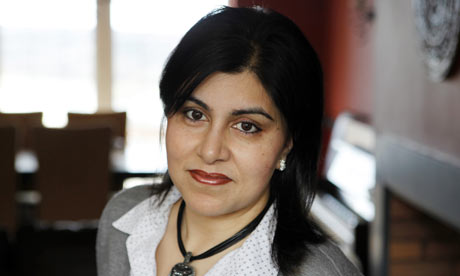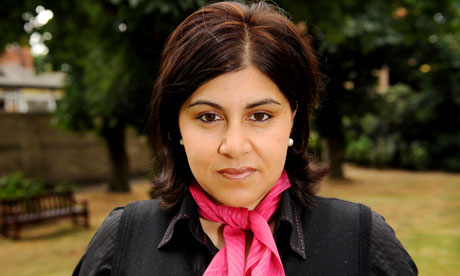
Sayeeda Warsi, a British Foreign Office minister and the first Muslim to sit in the UK cabinet, has resigned over the UK government’s policy on Gaza.
Warsi wrote on Twitter on Tuesday that, “With deep regret I have this morning written to the Prime Minister (David Cameron) & tendered my resignation. I can no longer support Govt policy on #Gaza.”
Warsi is the first minister to resign on principle from the British government since the coalition was formed between the Conservative Party and the Liberal Democrats in 2010.
This comes as Conservative Prime Minister David Cameron’s coalition government has drawn criticism, including from the main opposition Labour Party, for not taking a tougher line against Israel over its military attacks on Gaza.
On August 3, Labour Party leader, Ed Miliband criticized Cameron for failing to take a firm stance on Israel’s aggression against Gaza, saying the prime minister had failed to speak out about the Israeli atrocities.
In addition, the British government recently came under fire after reports showed that the Israeli regime has been using weapons containing British-made components in the fatal aggression against the Gaza Strip.
According to British media, arms export licenses worth $70 million have been granted to 130 British defense manufacturers since 2010 to sell military equipment to Tel Aviv.
The Israeli military launched its recent offensive against the Gaza Strip on July 8. At least 1,867 Palestinians, including around 430 children, have so far been killed and over 9,500 others injured during the onslaught. Tel Aviv says 64 Israelis have been killed in the war, while Hamas puts the number at more than 150.
CAH/HJL/HRB





